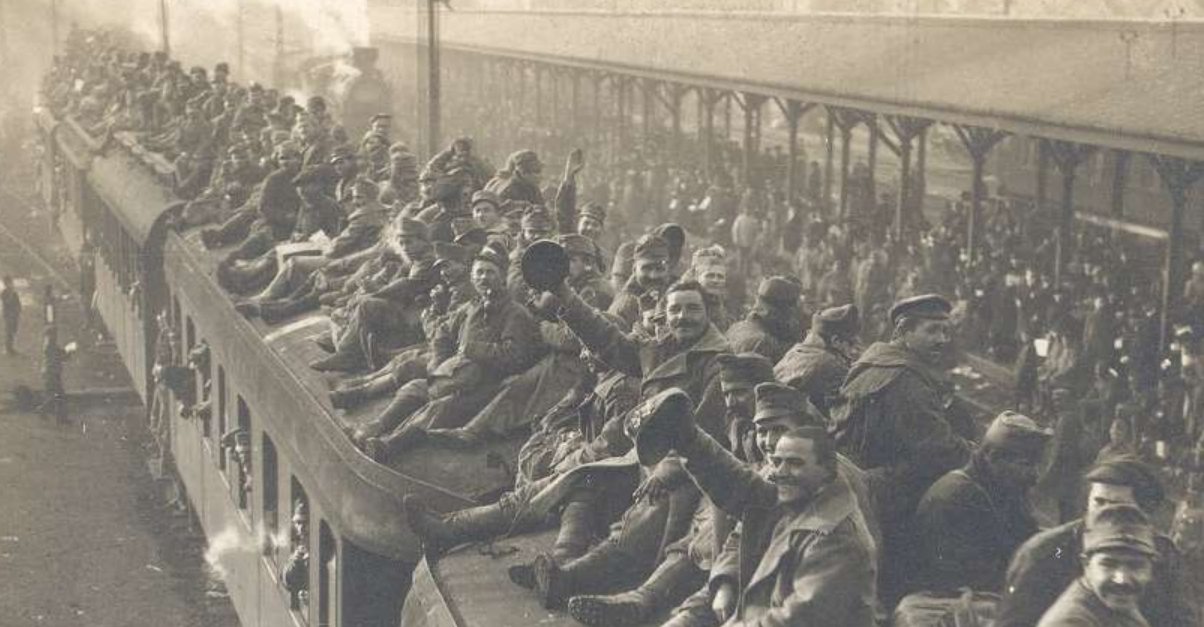Italy, the Paris Peace Conference and the Shaping of Czechoslovakia
Italy, the Paris Peace Conference and the Shaping of Czechoslovakia
Author(s): Francesco CaccamoSubject(s): Diplomatic history, Military history, Political history, Pre-WW I & WW I (1900 -1919), Interwar Period (1920 - 1939), Geopolitics
Published by: Historický ústav SAV
Keywords: Czechoslovak Republic (1918-1938); Paris Peace Conference; Italian-Czechoslovak relations; Italian foreign policy;
Summary/Abstract: In the aftermath of the First World War, relations between Italy and the new Czechoslovak state rapidly took a turn for the worse. The Italians were irritated by widespread sympathy demonstrated by Czechs and Slovaks toward the Southern Slavs and by the Francophile alignment of Prague leadership. Moreover, Italy was convinced that Czechoslovakia was trying to establish a regional preeminence in East-Central Europe and therefore preferred what it considered a more balanced settlement. Subsequently, at the Paris Peace Conference Italy was the only great victorious power to voice criticism vis-à-vis the territorial claims of the new state, first, during the preliminary exam in the Commission for Czechoslovak Affairs, then during the decision-making process in the Supreme Council. Although the Italian representatives remained cautious about the German presence in the Czech Lands, they expressed significant reservations toward the territorial settlements in south ern Slovakia, Subcarpathian Ruthenia and Teschen, and strongly contested the hypothesis of a corridor with Yugoslavia reaching the Adriatic coastline.
Journal: Forum Historiae. Časopis a portál pre históriu a príbuzné spoločenské vedy
- Issue Year: 15/2021
- Issue No: 1
- Page Range: 7-22
- Page Count: 16
- Language: English

